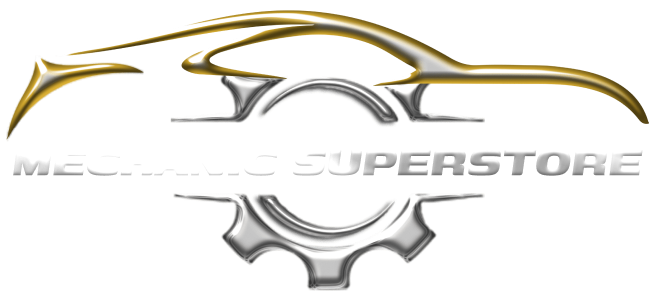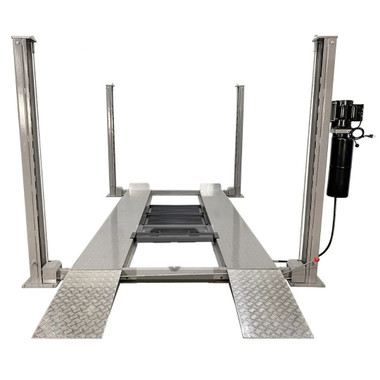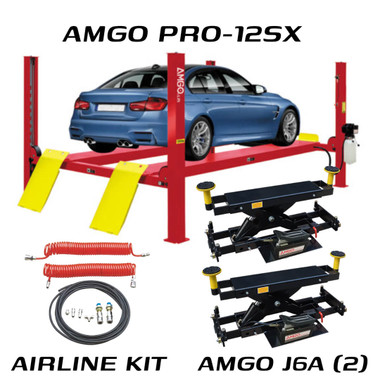Maintaining Your Auto Shop Equipment: Tips for Longevity and Performance
Estimated 0 min read
Investing in high-quality equipment is a significant step toward running a successful auto shop. However, the longevity and performance of that equipment hinge on regular maintenance. Proper care not only extends the life of your tools but also ensures they perform at their best, reducing downtime and increasing productivity. This blog post will guide you through essential maintenance tips for various types of auto shop equipment, including car lifts, wheel balancers, parts washers, and more.
1. Car Lifts: Regular Inspection and Lubrication
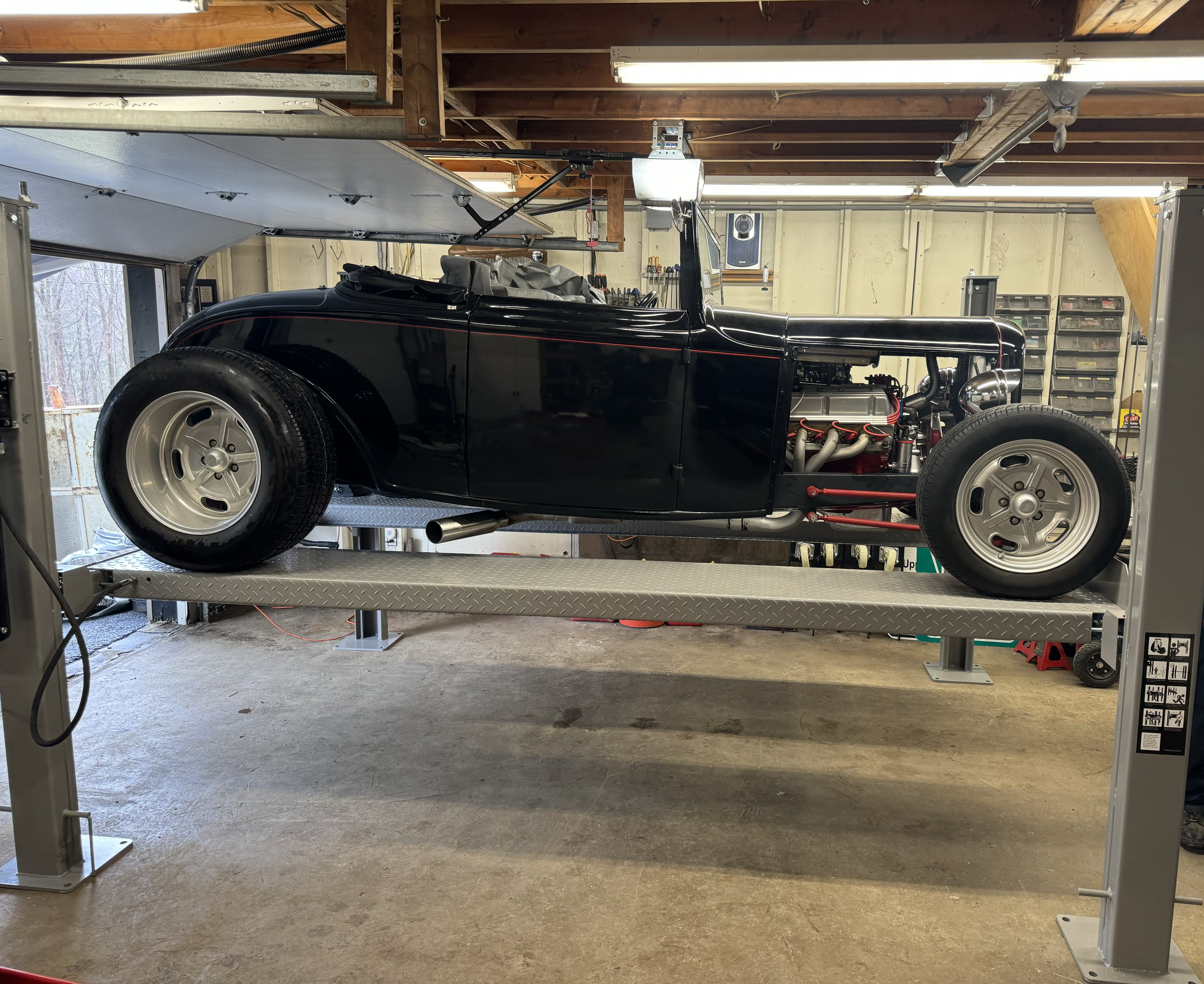
Car lifts are the backbone of any auto shop, providing the necessary access to a vehicle's undercarriage. To ensure your car lift remains safe and functional:
- Daily Inspections: Before using the lift each day, check for any visible signs of wear and tear, such as frayed cables or hydraulic fluid leaks. These can be indicators of potential failure.
- Lubrication: Regularly lubricate all moving parts, such as the lift arms and cables, to prevent friction and wear. Most manufacturers provide a recommended lubrication schedule.
- Hydraulic Fluid Check: Monitor the hydraulic fluid levels and replace them as needed. Low fluid levels can lead to inefficient operation or even lift failure.
- Alignment: Ensure that the lift is properly aligned to prevent uneven lifting, which can strain the equipment and cause premature wear.
2. Wheel Balancers: Calibration and Cleanliness
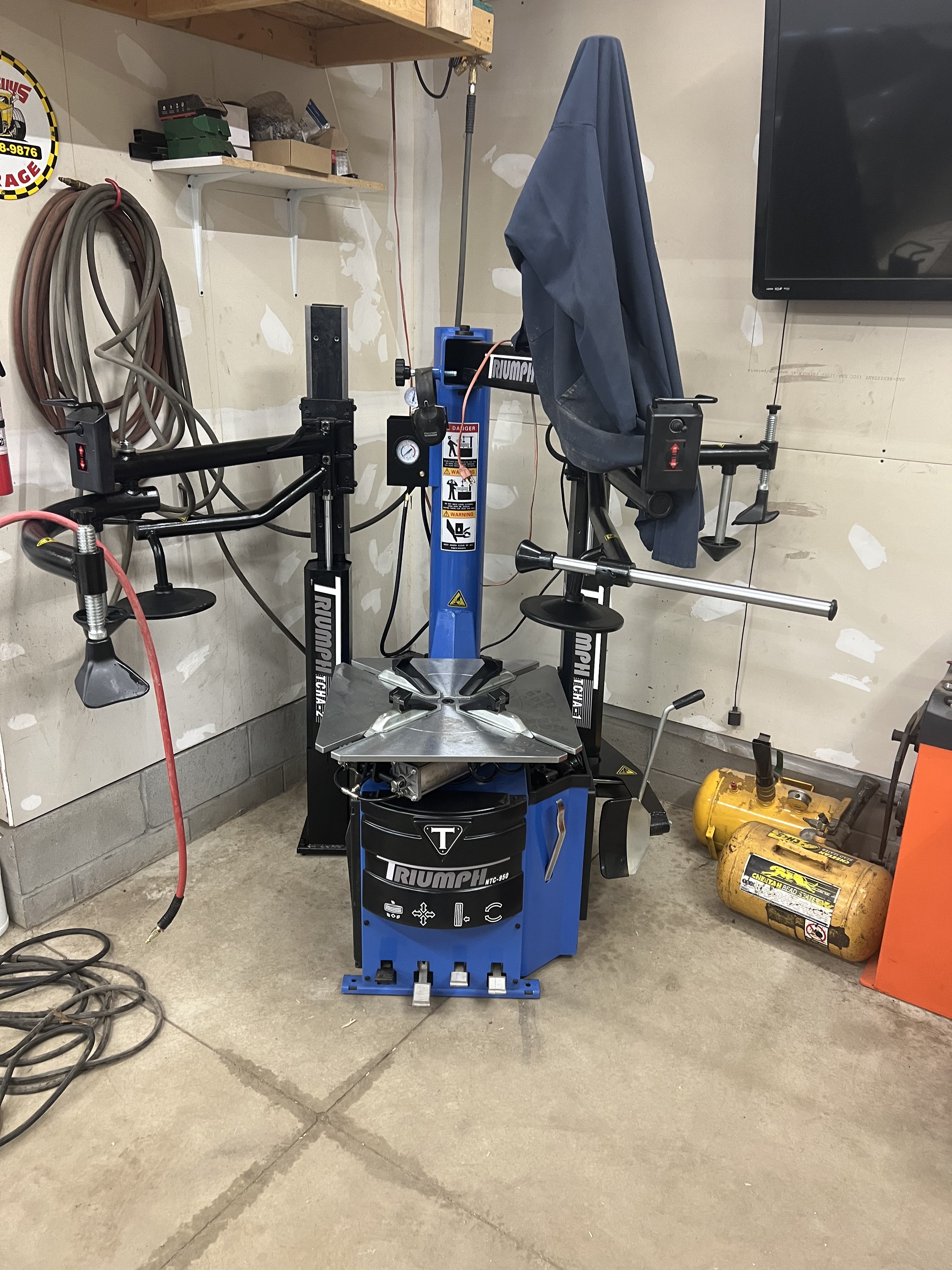
Wheel balancers are essential for ensuring smooth rides and preventing premature tire wear. To keep your wheel balancer in top condition:
- Calibration: Regularly calibrate the machine to maintain its accuracy. A miscalibrated balancer can lead to incorrect readings, which can compromise vehicle safety and customer satisfaction.
- Cleanliness: Keep the balancer clean, especially the sensors and the work area. Dirt and debris can interfere with the machine's accuracy, leading to incorrect balancing.
- Routine Inspections: Check for worn or damaged parts, such as cones and adapters, and replace them as necessary to ensure the machine operates smoothly.
3. Parts Washers: Filter and Fluid Maintenance
Parts washers are vital for cleaning automotive parts, ensuring they are free of grease, oil, and grime. To maintain your parts washer:
- Filter Maintenance: Regularly check and replace filters to keep the cleaning fluid free of contaminants. Dirty filters can reduce the effectiveness of the washer and increase wear on the pump and other components.
- Fluid Replacement: Change the cleaning fluid according to the manufacturer's recommendations. Old or contaminated fluid can lose its cleaning efficiency and damage the parts being cleaned.
- Pump Care: Inspect the pump for leaks or signs of wear, and ensure it is properly lubricated. A malfunctioning pump can lead to poor cleaning performance or complete equipment failure.
4. Air Compressors: Moisture Control and Pressure Monitoring

Air compressorspower many tools in an auto shop, from impact wrenches to spray guns. Proper maintenance of your air compressor is crucial:
- Moisture Control: Drain the moisture from the air compressor tank daily. Moisture buildup can cause rust and reduce the compressor's efficiency. Installing a moisture trap in the air line can help prevent moisture from reaching your tools.
- Pressure Monitoring: Regularly check the pressure settings and ensure they are within the manufacturer's recommended range. Overpressurizing can damage the compressor and connected tools.
- Filter Changes: Replace the air intake filter regularly to prevent dust and debris from entering the compressor, which can lead to premature wear.
5. Tire Changers: Lubrication and Inspection
Tire changers are essential for any auto shop that handles wheel and tire services. To keep your tire changer in good working condition:
- Lubrication: Regularly lubricate all moving parts, such as the turntable and bead breaker, to ensure smooth operation. Use the manufacturer-recommended lubricants to avoid damaging the machine.
- Inspection: Check for worn or damaged parts, such as clamps, and replace them as needed. Damaged components can lead to inefficient operation and potential damage to tires.
- Alignment Checks: Ensure the tire changer is properly aligned to prevent uneven wear on the equipment and to ensure accurate tire mounting.
6. Diagnostic Tools: Software Updates and Battery Maintenance
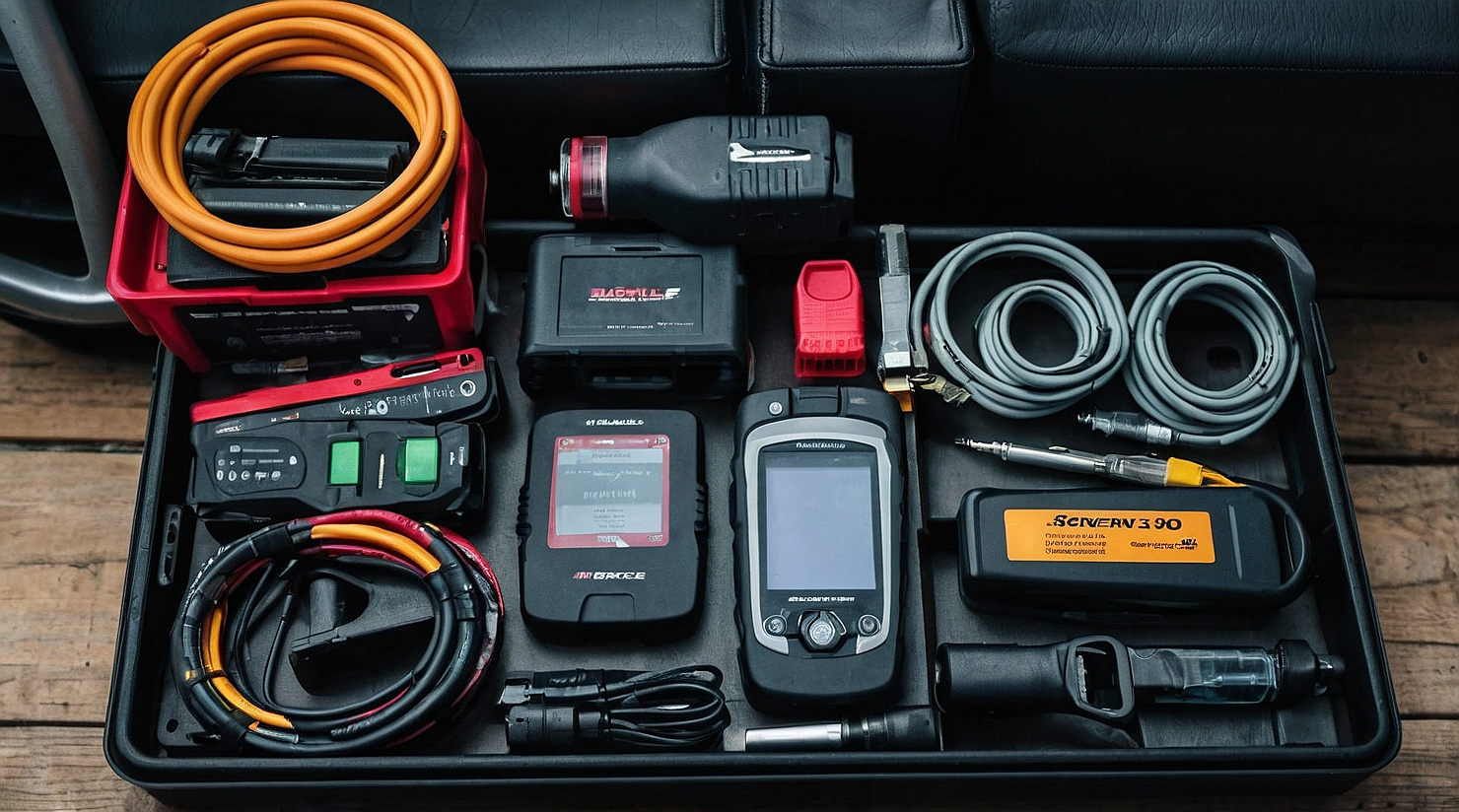
Diagnostic tools are the brains of your auto shop, helping you identify and solve vehicle issues quickly. To keep them functioning properly:
- Software Updates: Regularly update the software on your diagnostic tools to ensure you have the latest vehicle data and diagnostic capabilities. Outdated software can lead to inaccurate diagnostics.
- Battery Maintenance: Keep the batteries in your diagnostic tools charged and replace them when necessary. Weak batteries can cause the tools to function incorrectly or shut down during use.
7. General Tips for All Equipment
- Training: Ensure all employees are properly trained on how to use and maintain each piece of equipment. Improper use can lead to damage and increased wear.
- Scheduled Maintenance: Create a maintenance schedule for all equipment and stick to it. Regular maintenance can prevent minor issues from becoming major problems.
- Record Keeping: Keep detailed records of all maintenance activities. This helps track the condition of your equipment and ensures that maintenance is performed on schedule.
Conclusion
Maintaining your auto shop equipment is not just about prolonging the life of your tools; it's about ensuring safety, efficiency, and customer satisfaction. By following these maintenance tips for car lifts, wheel balancers, parts washers, and other essential equipment, you can keep your shop running smoothly and avoid costly downtime. Regular care and attention to your equipment will pay off in the long run, keeping your business productive and profitable.
Invest in the longevity and performance of your tools, and they’ll return the favor by keeping your auto shop at the top of its game.
